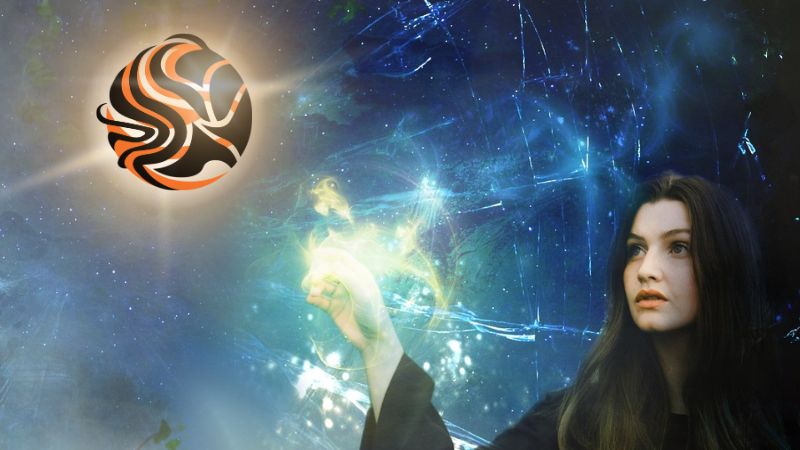Creative Writing Minor
- RIT /
- College of Liberal Arts /
- Academics /
- Creative Writing Minor
Curriculum for 2025-2026 for Creative Writing Minor
Current Students: See Curriculum Requirements
Related News
-
January 22, 2024

RIT's Signatures Magazine Earns High Ranking
The 38th edition of the Rochester Institute of Technology student-run art and literary magazine, Signatures, was recently recognized by the National Council of Teachers of English in its annual Recognizing Excellence in Art and Literary Magazines award program.
-
September 29, 2023

New Center for Worldbuilding and Storytelling Creates Community and Resource Network for the Imaginative
“Developing strengths in [worldbuilding] can help many types of professionals become better at what they do. Clearly, game designers, animators, and creative storytellers can benefit, but engineers, technologists, scientists, sociologists, and health care innovators, for example, can also because the process of envisioning and creating a world and all of its interactions can help test out ideas and inform solutions,” said Associate Professor (English) Trent Hergenrader, Ph.D., who will lead the new Center for Worldbuilding and Storytelling.
Contact
- Robert Glick
- Associate Professor, English
- Department of English
- College of Liberal Arts
- 585‑475‑4618
- rdggla@rit.edu
Department of English




